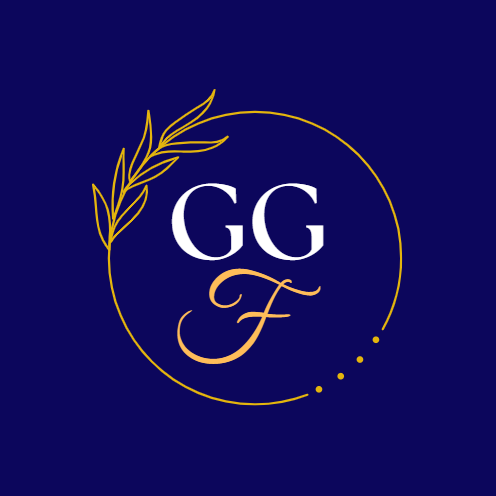This webpage is for trust fundraisers with three or more years’ experience. Beginners should use this page instead.
When to keep things simple

Photos: Priscilla Du Preez and (insert) Scott Graham, on Unsplash
There are two reasons to keep things simple:
1. You’re starting out
There’s a huge amount to assimilate to become a very skilled proposal writer. Do too much too quickly and you can get confused. Most people start their career doing basic proposals in a straightforward way. It’s a good approach. You can slowly add new techniques as you feel you’re mastering what’s gone before.
People go through four phases of learning:
- Starting out, when everything can be fun and interesting, but you’re probably working slowly and don’t know/appreciate what you’ve gotten into
- “Conscious incompetence” – you know what to do, but can’t properly do it yet. This is a slow, stressful time, requiring patience
- You can do it, but there’s nothing second nature. As a result, it’s slow, difficult work (though it could be fun)
- Mastery – you do it efficiently, without too much effort. Things are habituated to an extent that you might not even realize everything you’re doing
Because of this, if you try and take on everything too quickly you’ll make the work both harder and more stressful. It’s invaluable to have all the skills, but you need to pace yourself.
2. It’s not worth more time
One of the hard things to learn is how to work differently according to the value of the opportunity. However, if a proposal is smaller, or speculative (but still worth doing) you need to be able to churn it out quickly.
People sometimes imagine you need to do consistently good proposals, but actually you don’t always lose out by doing basic work. As the Association of Charitable Foundations’ introductory guide to assessing proposals says, ‘[Trusts] are looking for the strongest proposals not the best presented applications. We need to be able to identify good ideas in less than perfect bids.’ I’ve seen national charities have moderate success even with poor quality applications. As long as you get the right project before the right funder, it does get you quite far.
Also, if the likely grant size is no more than, say, a few thousand pounds (sometimes more) the trust is probably making quick, more gut-level decisions rather than seeking rocket science.
With quick applications, simple productivity means that, when the applications you rely on don’t come off, you’ve got a bit of fallback (though success rates are lower). Some managers will rely heavily on productivity when managing you, so if you finesse too much you’ll be in trouble.
One very effective fundraiser I know, who only does applications for gifts of up to £5k, almost never writes anything from scratch. It’s too inefficient at that level and you’ll struggle to meet your productivity targets.
3. When the funder doesn’t need it
I spent some time at a charity that basically had “gift givers”, taking quick intuitive decisions, rather than “grant makers” as 85% of its donor base (i.e., including many of the bigger donations). As a result, we could do a lot of short proposals that never needed us to get the details right.
If your trusts have been given very detailed, careful proposals, it’s possible that your donors are the kind of people who like lots of specifics. However, it’s worth being aware that there are charities whose trust fundraising is thriving without doing that kind of work. If you’re at one, it’s worth respecting that – your donors might not have time to read your bids if you send them War and Peace.
I’m not saying not to change things, or that changing things mightn’t actually be more effective, depending on your precise objectives and at least in the long term. I’m just saying: be careful.
Great work can be important, though
It’s a very different situation when you very much need to rely on an individual application. A US survey of successful federal (i.e., very large) grant applications found that the successful ones had taken twice as long to do as the unsuccessful ones. I worked in a bid writing team of five where we all did only very large bids and we took the approach of “more eggs in fewer baskets”, too.


